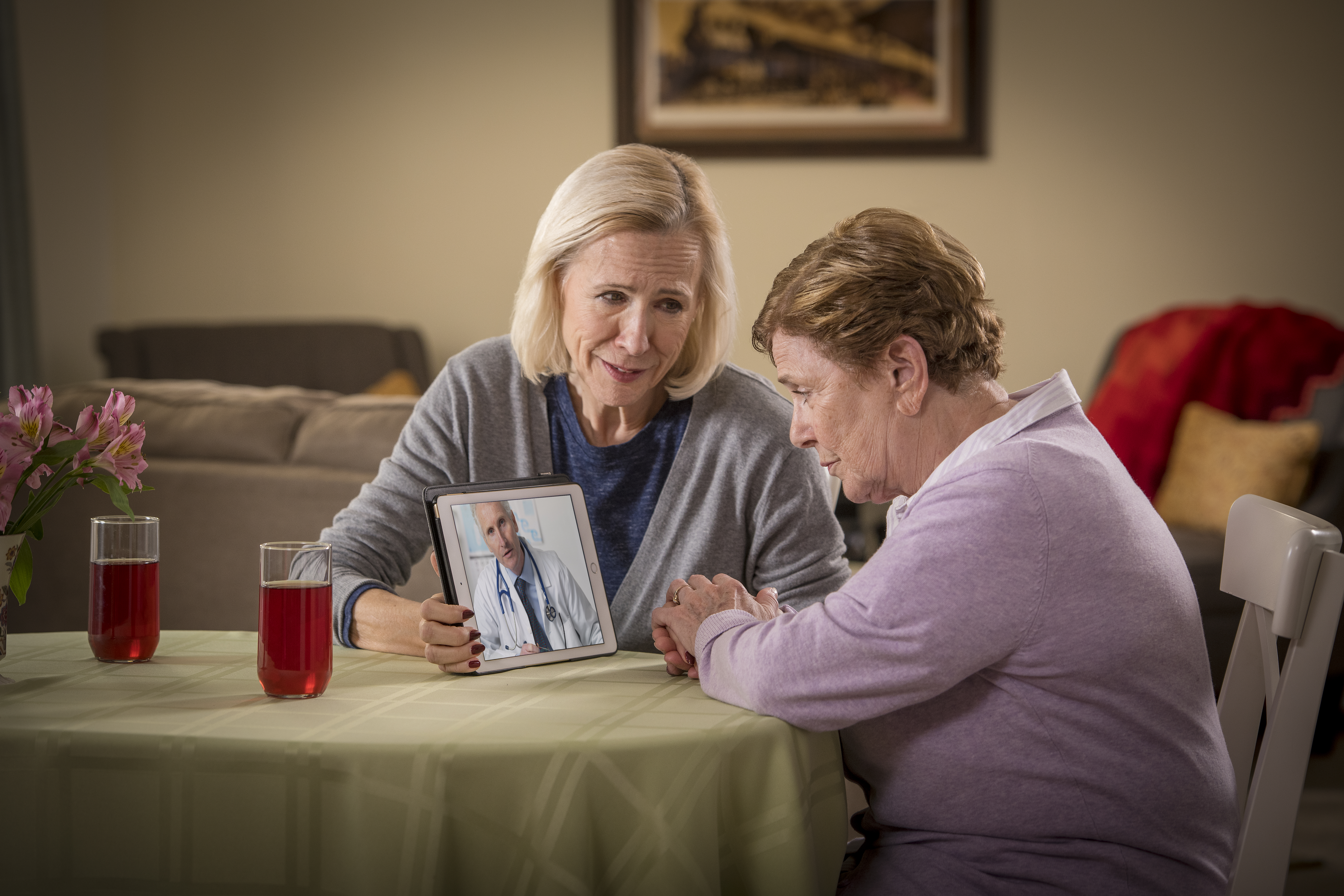AARP Hearing Center

As Americans grapple with the coronavirus pandemic, AARP is working to ensure all Marylanders have access to vital telemedicine services by backing recently enacted state laws.
It’s also helping older adults overcome misgivings about using virtual technology, which some find intimidating.
Telehealth technology has existed for decades, but its use has surged during the COVID-19 crisis. Patients and providers can connect virtually, chatting by video on smartphones, computers and tablets.
At Peninsula Regional Medical Center in Salisbury, the number of practitioners offering telemedicine jumped from just two in February to more than 100 following the outbreak.
Doctors once uneasy with using telehealth now embrace it, said Kathryn Fiddler, a nurse and vice president at the center. “The comfort level has grown.”
AARP Maryland wants patients to feel more comfortable, too. It plans to promote a webinar and podcast on telehealth being developed by the Maryland Health Care Commission, a state regulatory agency.
Telehealth information is also available at aarp.org/coronavirus.
In a national AARP telephone town hall on the coronavirus and telehealth, Joe Kvedar, M.D., president of the American Telemedicine Association, urged members not to fear the technology.
“If you’re comfortable with FaceTime because you FaceTime with your family members, ask your doctor’s office if they’re willing to do FaceTime,” he said.
AARP Maryland volunteer advocate Karen Kalla, 69, of Rockville, said her father, who’s 94, tested his blood pressure amid the pandemic and found it low.
“He doesn’t drive. He needs access to a doctor,” Kalla said.
He was able to chat by video with his cardiologist, who changed his medication, she said.
New laws boost access
Earlier this year, AARP Maryland backed successful bills that will help improve telemedicine access throughout the state, including rural areas.
Emergency coronavirus legislation signed into law by Gov. Larry Hogan (R) sets up a new framework of regulations that strengthen patient protections and require providers to adhere to the same standards as for in-person care.
The state already required Medicaid and private insurers to cover telehealth services by most providers, including general practitioners, dentists and mental health counselors. The new legislation opens the door to more specialists with patients who require frequent check-ins.
It also authorizes a study of the possible use of telemedicine for substance abuse treatment received at a patient’s home.
Another AARP-supported law that took effect in May allows Choptank Electric Cooperative to expand broadband internet on the Eastern Shore. About 40 percent of the nonprofit’s 46,000 members have inadequate or no high-speed internet.
Broadband enables people to connect with health care providers and loved ones, said Tammy Bresnahan, AARP Maryland advocacy director. “Access must be available, affordable and reliable.”
Robyn Elliott, a health care lobbyist, believes that many patients won’t want to return to in-person appointments for every doctor’s visit after the initial virus outbreak has passed. “This will change health care forever.”
Thomas Ferraro is a writer living in Davidsonville, Maryland.
More on Telehealth































































